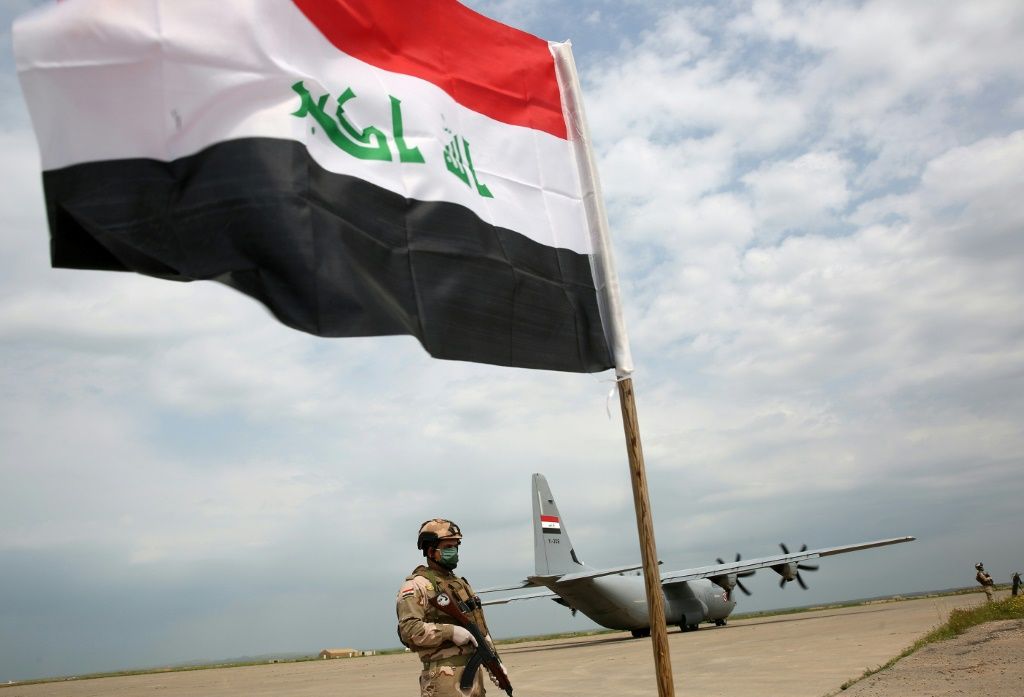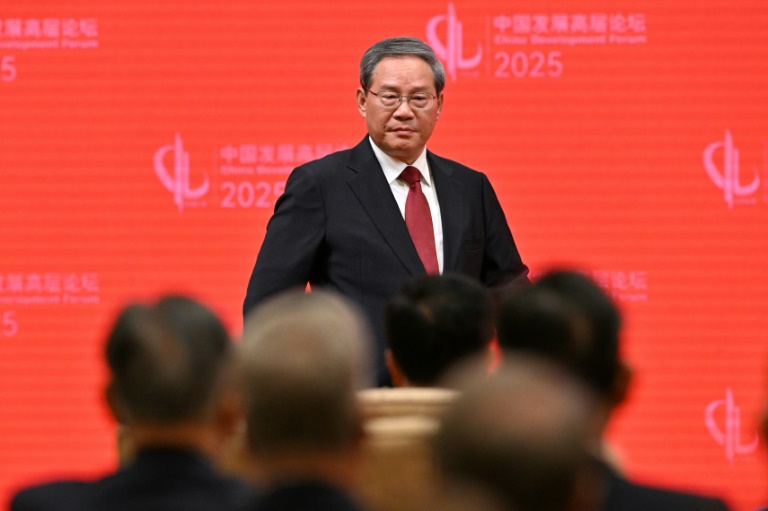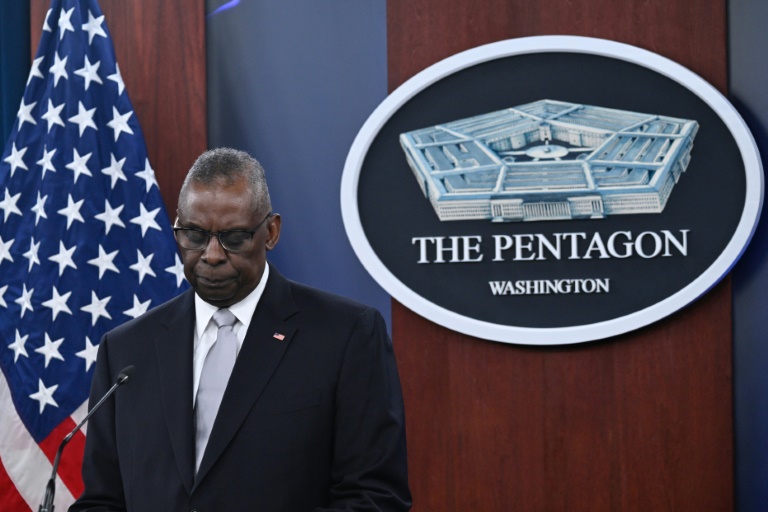AFP / AHMAD AL-RUBAYE
KEY POINTS
- U.S. and Iraqi government officials met Sunday to resume talks on ending the U.S.-led coalition’s mission
- A timeline is expected to be set up for the progressive pullout of coalition forces from Iraq
- The first meeting was held on Jan. 27 but were stalled after a drone attack in Jordan killed three U.S. service members
Officials from the U.S. and Iraqi governments met Sunday to resume talks on the future of U.S. troops in the country and ending the U.S.-led international coalition’s mission in Iraq.
The resumed talks are aimed at transitioning U.S. forces from their long-standing role in assisting Iraq in combating IS and charting the way to a bilateral partnership.
“The supreme Iraqi military commission resumed on Sunday its meetings with international coalition forces in Baghdad,” General Yehia Rasool, military spokesman for Iraq’s prime minister, reportedly said in a statement.
“As long as nothing disrupts the serenity of these talks, the meetings will take place on a regular basis in order to achieve the commission’s works as soon as possible,” he added.
A “timeline” would be set up during the meetings for the “progressive pullout” of coalition forces from Iraq and result in the end of the mission, Rasool added.
There are about 2,500 U.S. troops currently deployed in Iraq.
The U.S. and Iraqi government agreed last August to begin talks for the winding down of the anti-jihadist mission in Iraq, but discussions were stalled by the Israel-Hamas war.
The first and long-awaited meeting was held on Jan. 27, but discussions came to a halt once again after three U.S. service members were killed the very next day when Iran-backed militants struck a base in Jordan.
The US-led military coalition was formed in 2014 to help the Iraqi government defeat the Islamic State group.
In the years since, Iraqi authorities have called for the withdrawal of coalition forces in light of the extremist group losing hold of the territory it once seized in Iraq. The calls heightened after a U.S. airstrike in January 2020 that killed Iranian Gen. Qassem Soleimani and Iraqi militia leader Abu Mahdi al-Muhandis outside the Baghdad airport.
Iraqi officials have also bemoaned that the U.S. attacks violate its sovereignty.
Iraqi officials hope to engage in bilateral military cooperation with the member states contributing to the force and gradually replace the international coalition.






![Super Bowl Temporarily Halted after Shirtless Streaker Runs Onto Field Before Being Tackled and Dragged Away [WATCH]](https://data.ibtimes.sg/en/full/72840/super-bowl-streaker.jpg)
